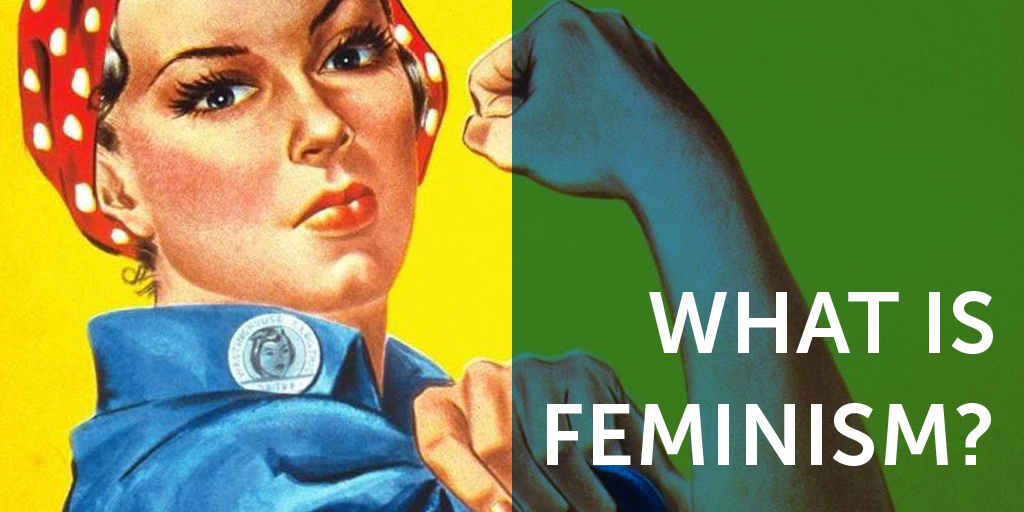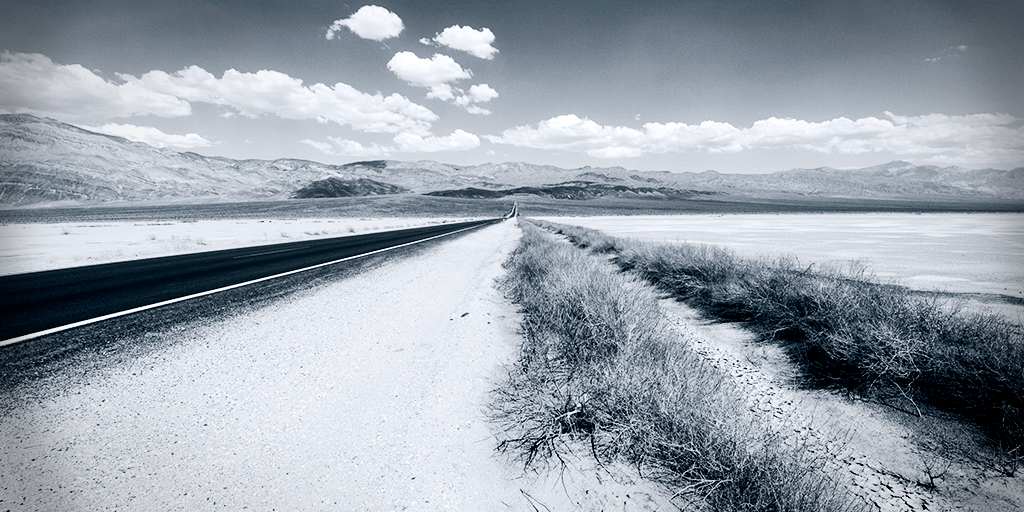Blog - Blogue

-
What is Feminism?
vendredi 23 octobre 2015What is Feminism?
What kind of an animal is feminism? Has feminism become obsolete? Was it ever effective or necessary? Is it all about gender power? These are but a small fraction of the myriad of questions the very mention of ‘feminism’ inadvertently triggers.
Feminism, like any other –ism, has as many definitions as it has uses. What makes feminism even more excruciatingly difficult to pin down is its non-homogeneous history and content. Feminism is a political and social movement, as well as a philosophical temperament. It is a way of life as well as a moral stance. There are as many feminisms as there are women and men speaking out on issues concerning gender inequalities and social injustices. The great Greer Knox once said she understands feminism as ‘women helping women’. Today, feminist philosophers such as Karen Warren and Lorraine Code link feminism to ecological thinking where care for one’s surroundings (including, but not limited to, the natural environment) is part of the feminist agenda.
Traditionally, feminism has been divided into three waves (although not all historians agree with this categorization!). The roots of the first wave are placed either with Mary Wollstonecraft’s A Vindication of the Rights of Woman published in 1792, or the Seneca Fall Convention in 1848 where around 300 women and men gathered to sign a Declaration, prepared by Elizabeth Cady Stanton, proclaiming gender equality. The Seneca Fall Convention is very important for feminism since it early on links it to two other movements that were crucial for the period: the suffrage and the abolitionist movements.
The second wave of feminism is often associated with the publication of Simone de Beauvoir’s The Second Sex in 1949. It bears the marks of Marxism and Radical Feminism.
The third wave begins, roughly, in the mid-90s of the 20th century. It is characterized, like everything else in the intellectual history of the period, with post-colonialism, post-structuralism, and post-modernism.
Where are we now? I think the best way to describe our situation today is with the, somewhat vague but still useful, term ‘post-feminism’. It is ‘post-‘ in the sense that many of the political and social struggles of 20th century feminism have born fruit: women are legal persons; they can not only vote, but also run for political office, have access to education and paid work, the list goes on. But feminism is still very much relevant today.
Due to its inborn theoretical and practical flexibility, it has expanded to incorporate the struggles of all underprivileged, vulnerable, and underrepresented groups, be it human or non-human. To use Karen Warren’s words: feminism is to address all types of discrimination. Let’s not forget that since its first baby steps, feminism has targeted not only specific injustices but more importantly, the very logic of domination, which generates power-based social structures where competitiveness and ‘winner takes all’ are not only encouraged but dearly rewarded.
To me, feminism is an embodied philosophy which ‘forces’ us to regard the world, including ourselves, with care, and concern, but not without critical assessment. Being a feminist is the most adequate way for me to keep alive the memory of the generations of brave women (and men) who fought against slavery, poverty, and all other forms of gender, social, political, and moral oppression, for reproductive rights, and equal access to opportunities in life; it is carrying on the legacy of all mothers (and fathers), including my own.
But there is still so much work to be done all around the world, as well as here, in the west. So, feminists, roll up your sleeves and let the fun begin!
*This blog is dedicated to my mom, Katya.

-
Fugues, fuites...refuges
vendredi 16 octobre 2015Fugues, fuites...refuges
Au cours de nos vies, grâce à diverses stratégies, nous parvenons à fuir, mieux, nous nous faisons croire que nous avons fui certains souvenirs pénibles. Certains jours nous fuyons des personnes, des lieux, des activités. Mais en gros, ces fugues et ces fuites, sont passagères, intermittentes; elles ont peu d’impact sur nos vies et nos rapports aux autres. Un peu de psychothérapie, quelques manigances sociales et le tour est joué!
Cependant, ailleurs dans le monde, des personnes n’ont pas le luxe de ces petites stratégies. Les conditions sociales et politiques dans leurs pays les empêchent de vivre. Elles mourraient d’y demeurer. Elles les fuient. Elles prennent les chemins qui se présentent à elles. Pas ou très peu de temps pour des stratégies, sinon celles pour survivre dans des conditions mortifères. Elles fuient vers ce qui leur semble des havres de paix, vers là où des opportunités se présentent.
Elles fuient. Elles espèrent trouver refuge à quelque part. Elles cherchent un lieu pour vivre, pour revivre, pour ne pas avoir à revivre indéfiniment enfermées dans leurs traumatismes… pour ne pas mourir.
Mais encore faut-il qu’elles trouvent de ces lieux, de ces asiles!
Aujourd’hui, on parle de milliers de migrants cherchant refuge! L’occident a aisément (sic) contribué à confectionner des « camps de réfugiés » au loin, ailleurs. Aujourd’hui, les personnes qui quêtent asile le font tout proche. Elles sautent les clôtures et se retrouvent auprès de nous. Ce « nous », diraient d’aucuns, n’est pas encore nord-américain, il demeure européen! S’il le devenait, quels discours entendrions-nous? Quels gestes - impensables, peut-être, lorsqu’un océan nous sépare des gens qui fuient la violence – verrions-nous surgir?
Quelles réactions vives en paroles et en actes auraient lieu ici, chez nous, à nos ports? De grands gestes de solidarité s’organiseraient, certainement. Cela est réjouissant et bienvenu. Et déjà des initiatives personnelles, sociales et politiques ont lieu. Suffiraient-elles? Probablement pas! Un engagement citoyen, politique, de longue haleine, pour de la justice est nécessaire… sans que ce qui serait juste soit clair encore. Cet engagement irait-il de soi? Non pas. Y aurait-il des résistances, des réticences? Certainement. On peut le déplorer ou pas. Peu importe. Il y aurait à faire par-delà peurs et enthousiasmes superficiels ou viscéraux!
Imaginez une catastrophe écologique liée à un défaut d’un oléoduc dans la région de Montréal ou de Toronto et que les gens de ces villes se réfugient à Ottawa! Imaginez que la population d’Edmonton doive se réfugier à Calgary ou à Regina, sans préavis! Comment réagirions-nous? Cette population chercherait refuge, demanderait d’être accueillie… Quelle différence avec d’autres groupes, avec des « étrangers »? Un bri mécanique, une défaillance technique est une chose grave. Mais la planification de morts pour des raisons politiciennes, religieuses ou autres est autrement grave! Il n’est plus temps d’imaginer, la réalité nous rattrape déjà! Il ne faudrait pas la fuir.


